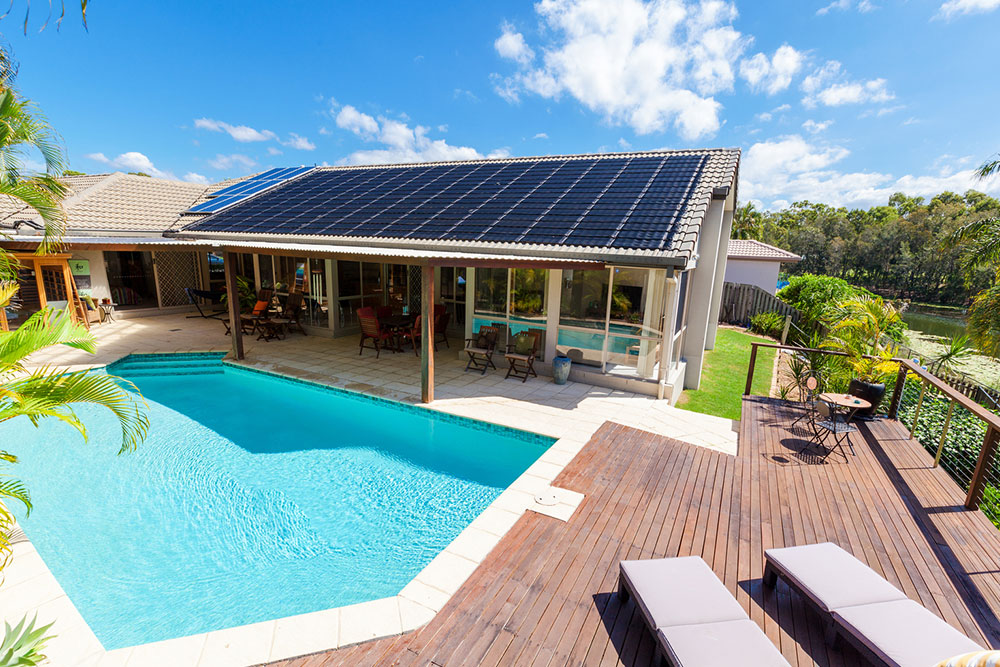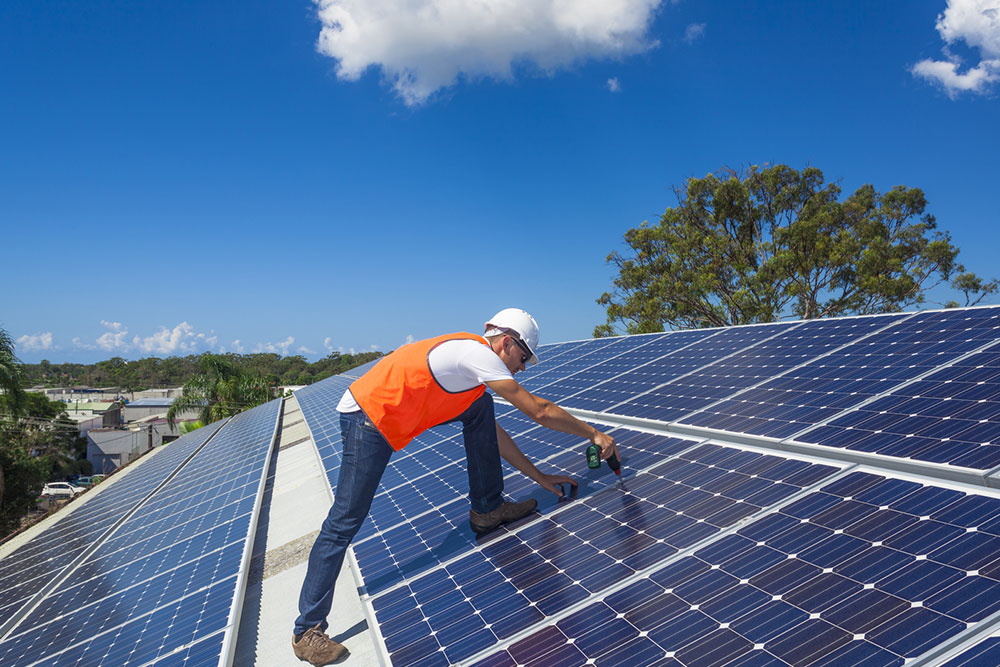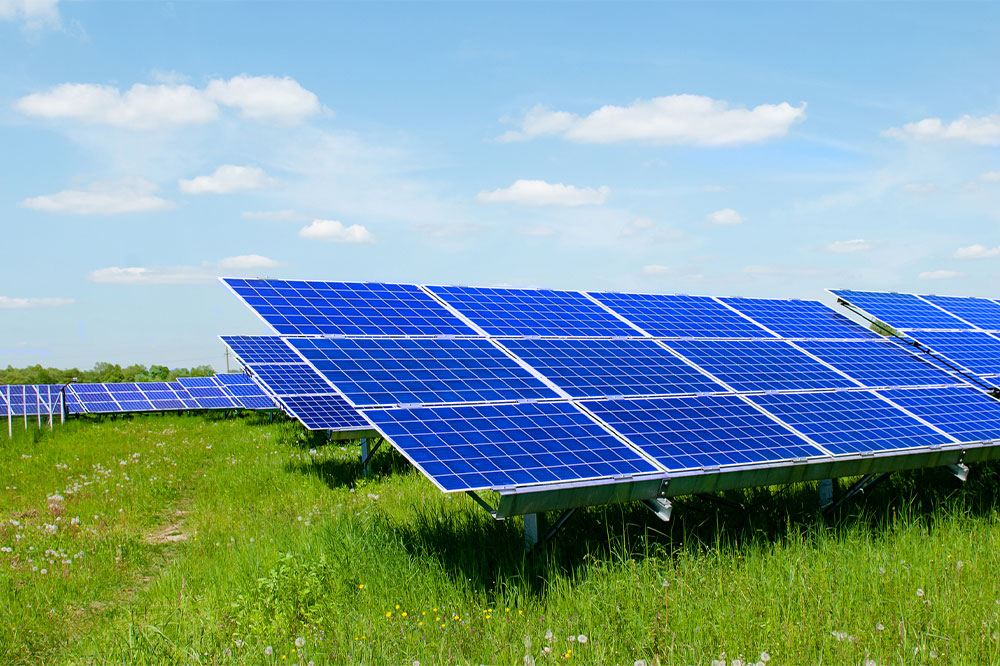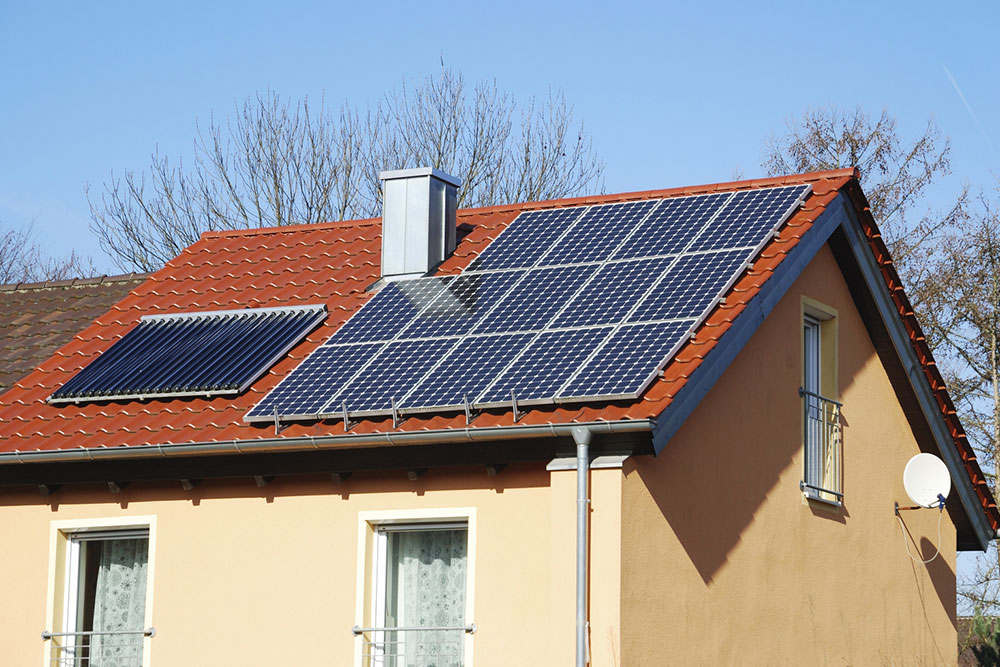Japan Sets New Standards: Mandatory Rooftop Solar Panels for Future Homes
Japan to mandate rooftop solar panels on all new homes starting in 2025, aiming to boost renewable energy use and reduce emissions. The initiative involves significant investments, innovative solar tech like perovskite cells, and benefits such as energy independence and climate impact reduction. Homeowners should understand costs, technology, and advantages as the country moves toward a sustainable future with city-led green policies.

Japan Implements Universal Solar Panel Requirements for New Residential Buildings
Starting in 2025, all newly constructed homes in Japan will need to be equipped with rooftop solar panels. This nationwide policy marks a major shift toward sustainable living, aiming to lower environmental impacts and help homeowners save on energy costs. The initiative focuses on promoting clean energy and reducing reliance on traditional fossil fuels. Homeowners, developers, and investors should understand the financial implications, advantages, and technical aspects of solar installations to make well-informed choices.
Tokyo's Leadership
This is the first city in Japan to enforce this requirement for new builds. The government mandates that major construction companies operating in the region install solar panels on residential projects, covering homes up to 2,000 square meters.
The goal is to leverage renewable energy sources and reduce dependence on coal and nuclear power. After the 2011 Fukushima disaster, nuclear options declined, prompting a shift toward solar and other clean energies. Officials aim to cut emissions by 50% by 2030, with household electricity consumption comprising nearly 30% of the city's energy use, alleviating pressure on the grid.
Solar panels are devices installed on roofs or other unshaded structures, consisting of multiple modules—each made of solar cells that convert sunlight into electricity efficiently. Large-scale solar farms and smaller panels for individual devices maximize this technology's potential.
The photovoltaic system relies on semiconductors like silicon to generate electricity from sunlight, utilizing the photoelectric effect where electrons move and produce current. Japan is exploring advanced perovskite solar cells, promising easier installation on building facades and windows, essential given the country's limited land space. The government plans to set higher tariffs for energy generated from these novel cells around 2025 to foster local innovation.
The cost of solar panels varies among top brands, with approximate prices per kilowatt including:
Solar Frontier: 203,500 yen
Panasonic: 200,000 yen
Sharp: 341,000 yen
Canadian Solar: 164,000 yen
Kyocera: 260,700 yen
CIC: 175,000 yen
Q.CELLS: 188,000 yen
Suntech: 341,000 yen
Hanwha Solar: 228,910 yen
Trina Solar: 264,000 yen
Advantages of Solar Power
Homeowners effectively create their own power supply, minimizing impact from citywide outages. Solar plus storage systems enable storing excess energy for later use, boosting energy security during blackouts.
Solar panels perform well across various climates. They generate sufficient energy even in winter’s shorter daylight hours, with Japan experiencing around 8 hours of sunlight daily, making them suitable for urban residences.
Innovative installation options mean solar panels aren’t restricted to rooftops—walls and windows can also host them. Investing in this technology enhances renewable energy capacity while reducing carbon footprints.








